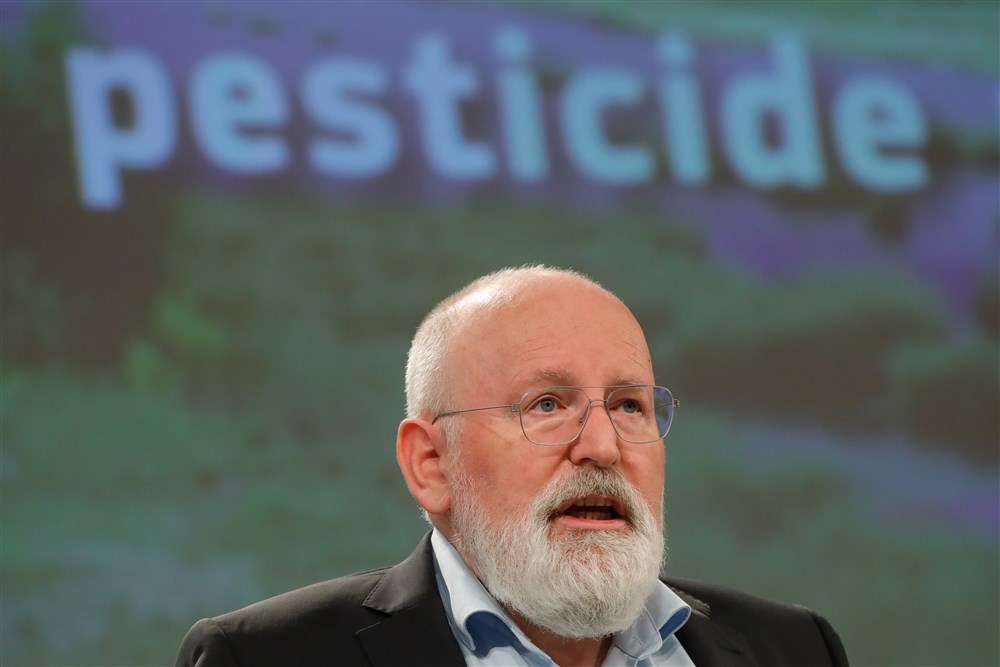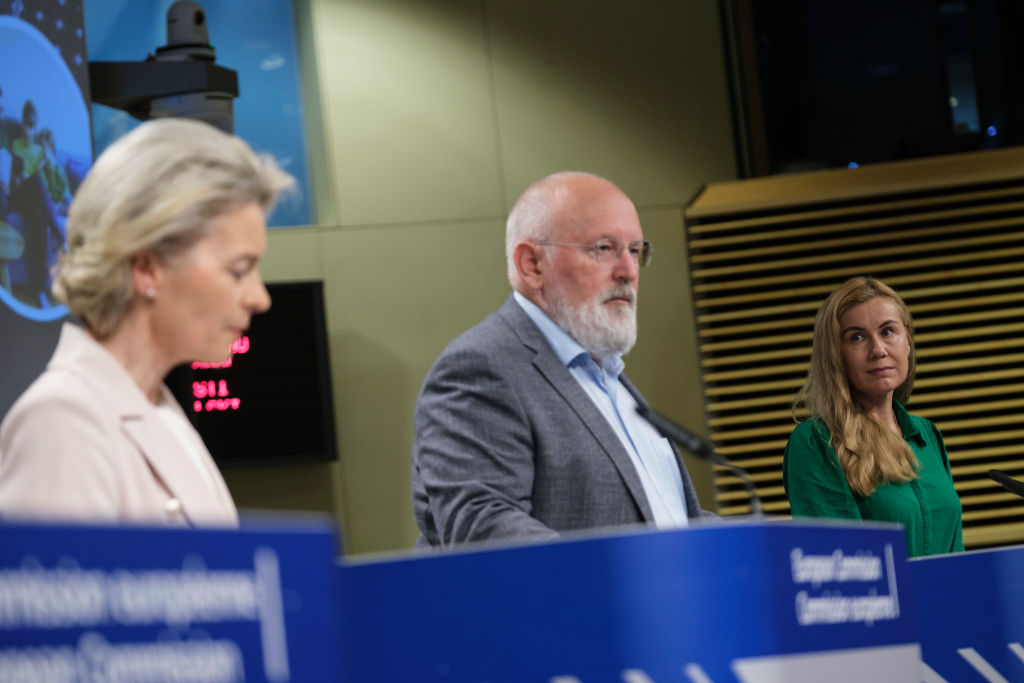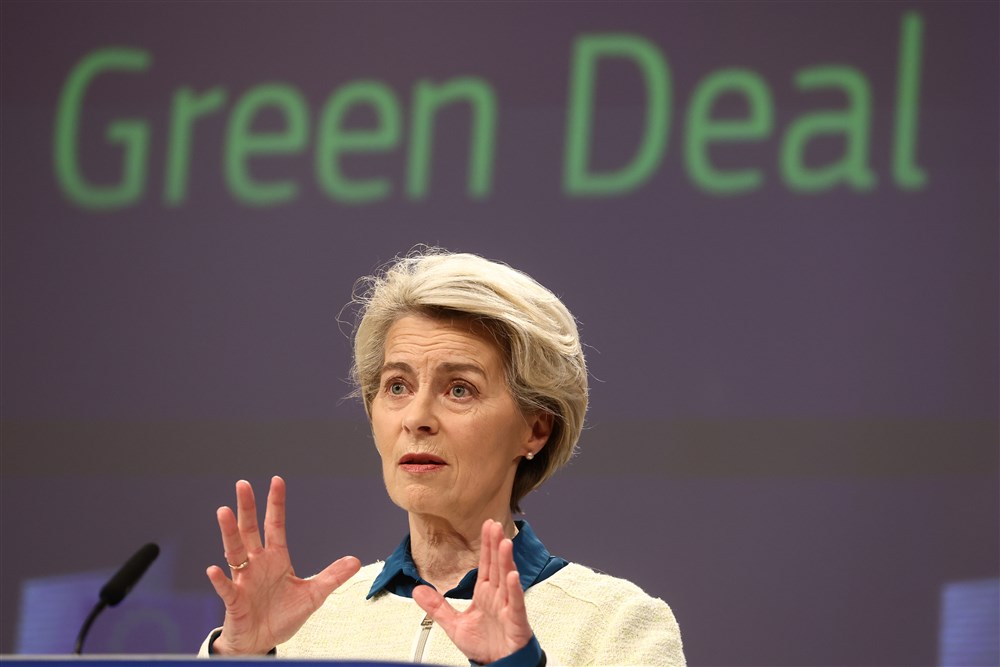In an extremely tight vote, EU Member States have agreed on a ‘general approach’ to the new Nature Restoration Act, despite strong opposition.
The nod was given to the legislation’s progress with a qualified majority vote. The outcome was close, passing with just over 66 per cent of vote, narrowly above the 65 per cent requirement.
Among notable countries that voted against the law’s approval was the Netherlands, despite Dutch Vice-President of the European Commission, Frans Timmermans, being the biggest cheerleader of the legislation. Sweden, meanwhile, was joined by other naysayers including Finland, Poland and Italy. Austria and Belgium abstained.
The Netherlands was concerned because, in the past, the EU court has ruled against the country for not complying with certain European habitat directives. At the time, that led to the suspension of various projects, mainly in the housing sector, forcing the Dutch government to seek alternative solutions.
Other countries had voiced similar fears but these were generally assuaged by negotiators adding a fresh provision that requires the European Commission to assure the accessibility of financial resources at the European Union level. That prompted the Dutch newspaper, De Telegraaf, to conclude: “Timmermans won people over with the offering of European money.”
Countries such as Hungary, Italy, and Romania were among those advocating for greater assistance, whereas Germany had opposed the establishment of a new EU fund.
Good news!@eucouncil agreed on a General Approach on the ?? Nature Restoration Law showing responsibility to urgently act on the biodiversity crisis.
Counting on @Europarl_EN to adopt its mandate in July & so we can launch trilogues before summer & conclude by end of 2023. pic.twitter.com/Dxc3QtOXH7
— Virginijus Sinkevičius (@VSinkevicius) June 20, 2023
The majority of the bloc, the 20 other EU-countries, voted in favour of the Nature Restoration Act.
Following agreement over the legislation’s passage, Romina Pourmokhtari, the Swedish minister for climate and the environment, said: “Today is a good day for nature.
“I am glad that we have found a way to bring this file to a general approach. This text is a solid basis for negotiations with the European Parliament,” she added.
“Hopefully, the final Nature Restoration Law will allow us to rebuild a healthy level of biodiversity, fight climate change and meet our international commitments.”
Green parties across the EU are overjoyed with the approval, despite it having been watered down in order to reach an acceptable compromise.
Good news for nature: EU environmental ministers have agreed on the Council’s position on the Nature Restoration Law ?
The message is clear, especially to the European Parliament: Europe needs and wants to #RestoreNature???
Read our joint reaction:https://t.co/Q2aXTFbCwa pic.twitter.com/YZWf5W2PUT
— EEB (@Green_Europe) June 20, 2023
But some environmentalists are more critical. “The Council’s position weakens the initial proposal to such a degree that it disintegrates some of the key obligations and subjugates restoration to other land and sea uses,” said Ioannis Agapakis, a nature conservation lawyer with ClientEarth, an international environmental law charity .
“This disregards the indispensable role of biodiversity in tackling the multiple crises, including the climate, that the European Union is currently facing,” he said.
“The one saving grace is that it shows Member States’ commitment to securing a comprehensive legal framework for restoration, in lieu of a voluntary and piecemeal approach, which has so far been unsuccessful.”
Examples of the legislation’s dilution are clearly evident; Member States will have more autonomy to determine what natural habitats they will restore and how they will do so. In addition, they will not face immediate scrutiny or punishment in relation to the number of habitats they choose to restore.
The EU will only consider action if its targets – 30 per cent of restoration of impaired ecosystems by 2030, 60 per cent by 2040 and 90 per cent by 2050 – are not reached across the entire bloc. Individual Member States will not be targeted.
In addition, Member States agreed that quantitative restoration measures would only apply to areas where the condition of habitats is already known.
The nature law proposal contains obligations that are specific to ecosystems, for which the Council has built in various options.
For instance, for urban ecosystems, the Council replaced quantitative targets with an obligation for Member States to achieve an increasing trend of restoration in urban green areas until a ‘satisfactory’ level is reached. It also retained the ‘no net loss’ requirement, which demanded that no net loss of urban green space and of urban tree canopy cover should occur by 2030, compared to when the proposal becomes law – unless urban ecosystems already have more than 45 per cent of green space available.
The Council also provided more flexibility regarding the use of indicators to monitor forest ecosystems.
Getting the law implemented, however, still requires a successful vote in the European Parliament. The largest group in that body, the Christian Democrats, are vehemently against the nature legislation but, given that the majority of Member States have voted in favour of the law, some expect their opposition to diminish.
The final vote on the Nature Restoration Act in Parliament’s Environment Committee is scheduled for Tuesday, June 27. The plenary will most probably vote on July 11 or 12.
Ok we can do this game: Renew is in gov in 3 of 5 countries that voted against. In Belgium your Prime Minister is against, abstaining eventually today due to his coalition. On a text that is not a shadow of what you are trying to push through ENVI. Its called a Pyrrhic victory. https://t.co/vyiQmJnerj
— Dirk Gotink (@DirkGotink) June 20, 2023





